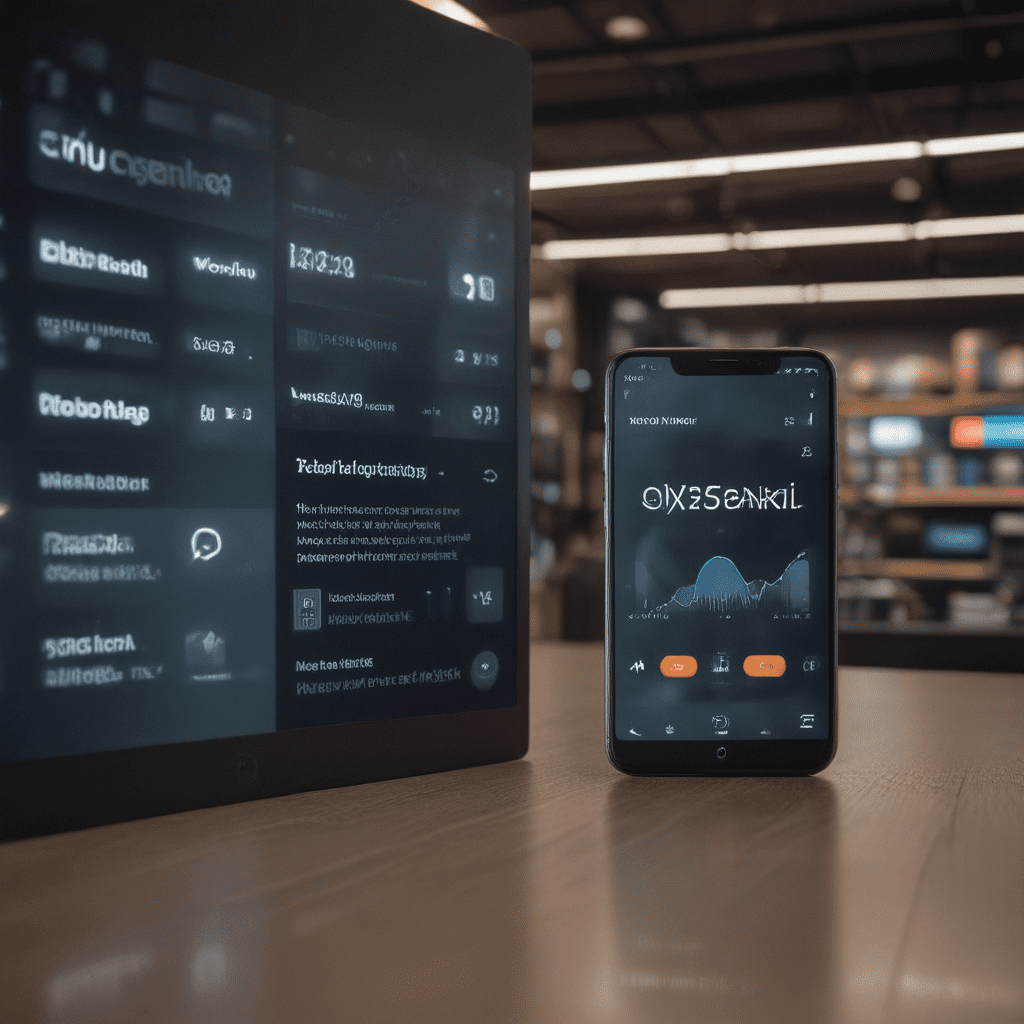Introduction
In today's healthcare landscape, patient engagement is paramount. Empowered patients lead to better health outcomes, increased satisfaction, and reduced healthcare costs. However, healthcare providers face challenges in fostering patient engagement, including disparities in health literacy, limited access to care, and communication barriers.
Patient Engagement in Healthcare: The Importance and Challenges
Patient engagement is a collaborative process that empowers patients to take an active role in their healthcare decisions. It encompasses various aspects, such as:
- Accessing and understanding health information
- Making informed decisions about their care
- Adhering to treatment plans
- Communicating effectively with healthcare providers
Despite its significance, patient engagement remains a challenge in healthcare. Factors contributing to low engagement include:
- Complex medical information
- Health disparities
- Limited health literacy
- Lack of time and resources
Voice Search: An Emerging Tool for Patient Engagement
Voice search is a rapidly growing technology that offers a novel solution to the challenges of patient engagement. It enables patients to interact with healthcare information and services using their voice through devices like smartphones and smart speakers. By leveraging natural language processing, voice search provides a user-friendly and convenient way for patients to access information, ask questions, and manage their health.
Benefits of Voice Search for Healthcare
Voice search offers numerous benefits for healthcare, including:
- Enhanced accessibility: Voice search eliminates the need for typing and provides an accessible interface for patients with limited dexterity or visual impairments.
- Increased convenience: Patients can access health information hands-free, while driving, cooking, or performing other tasks.
- Improved comprehension: Voice search utilizes natural language processing to understand the intent behind a user's query, leading to more accurate and relevant results.
- Personalized experiences: Voice search can be tailored to individual needs, providing personalized information and recommendations based on the user's health profile.
Use Cases of Voice Search in Healthcare
Voice search has a wide range of applications in healthcare, providing convenience and accessibility to patients.
Patient Education and Information Access
Voice search can be used to deliver patient education materials, such as information about diseases, medications, and lifestyle recommendations. Patients can simply ask questions like "What are the side effects of this medication?" or "How can I improve my blood pressure?"
Medication Management and Adherence
Voice search can help patients manage their medications, set reminders, and track their adherence. By asking a voice assistant, patients can receive information about dosage, timing, and potential interactions with other medications.
Remote Patient Monitoring and Telehealth
Voice search can enhance remote patient monitoring and telehealth services. Patients can use their voice to interact with monitoring devices, such as blood pressure cuffs or glucose meters, and share the results with their healthcare providers. This enables remote monitoring and timely interventions.
Conclusion
Voice search has emerged as a transformative tool for patient engagement in healthcare. By providing accessibility, convenience, and personalized experiences, voice search empowers patients to take a more active role in their health journeys. As the technology continues to evolve, healthcare providers can leverage voice search to enhance patient education, medication management, remote monitoring, and more.
FAQ
Q: How can I use voice search in healthcare?
A: You can use voice search through devices like smartphones or smart speakers to access health information, ask questions, manage your medications, and monitor your health.
Q: Is voice search secure for health information?
A: Yes, many voice search devices employ robust security measures to protect the privacy and confidentiality of health information.
Q: Can voice search replace my doctor?
A: No, voice search should not be considered a substitute for professional medical advice. While it can provide information and support, it cannot diagnose conditions or prescribe treatments.


